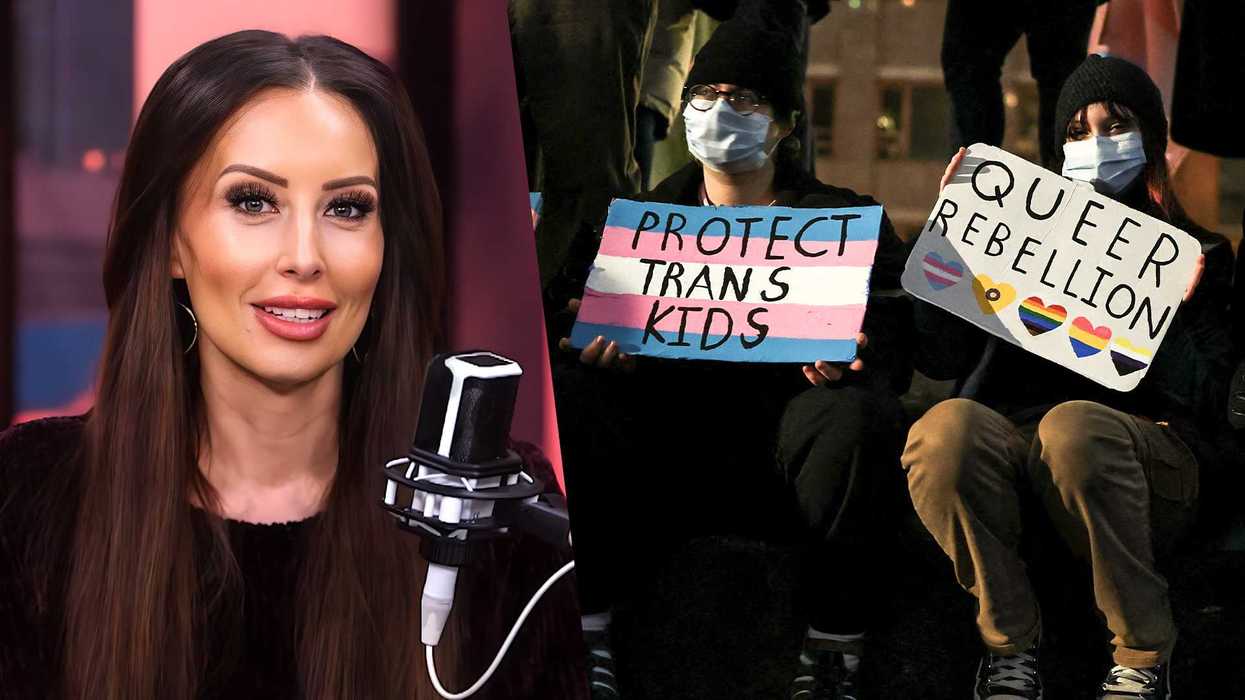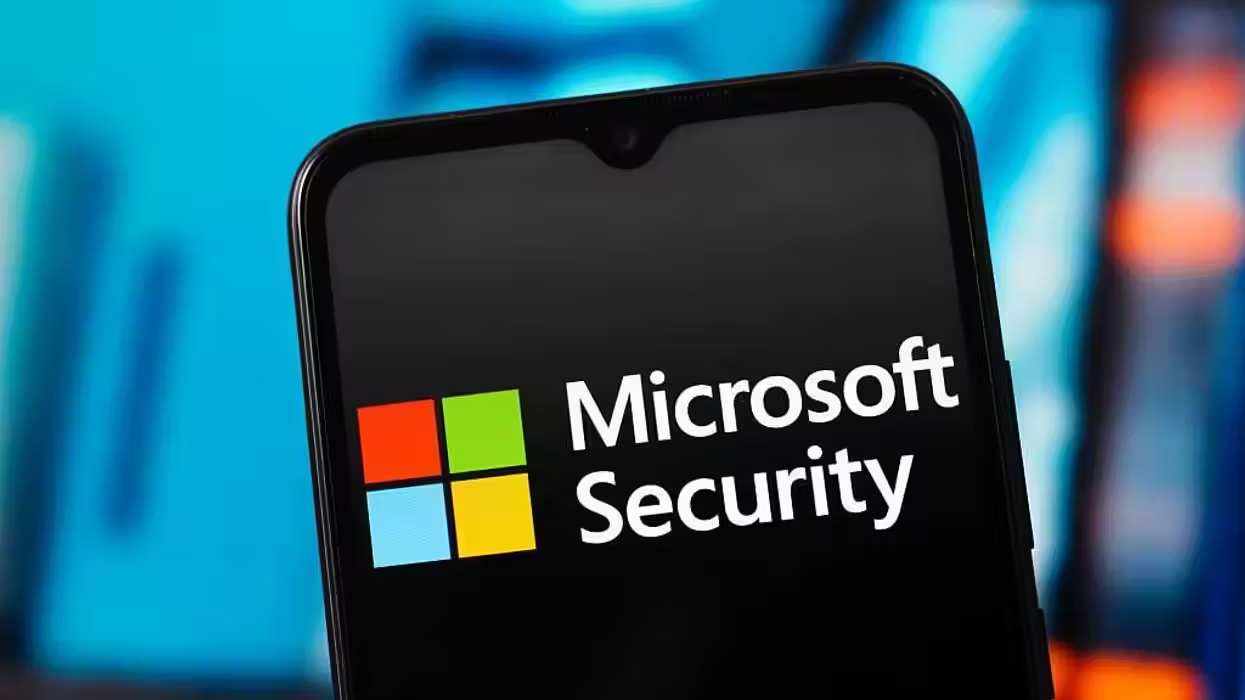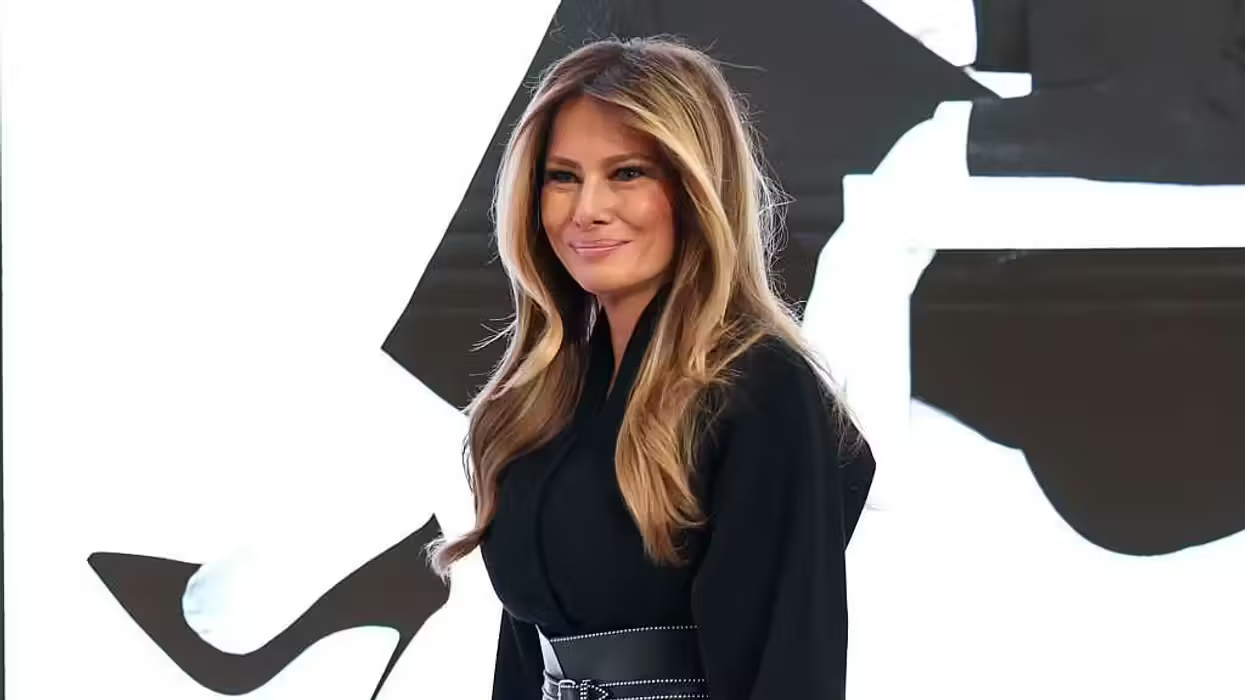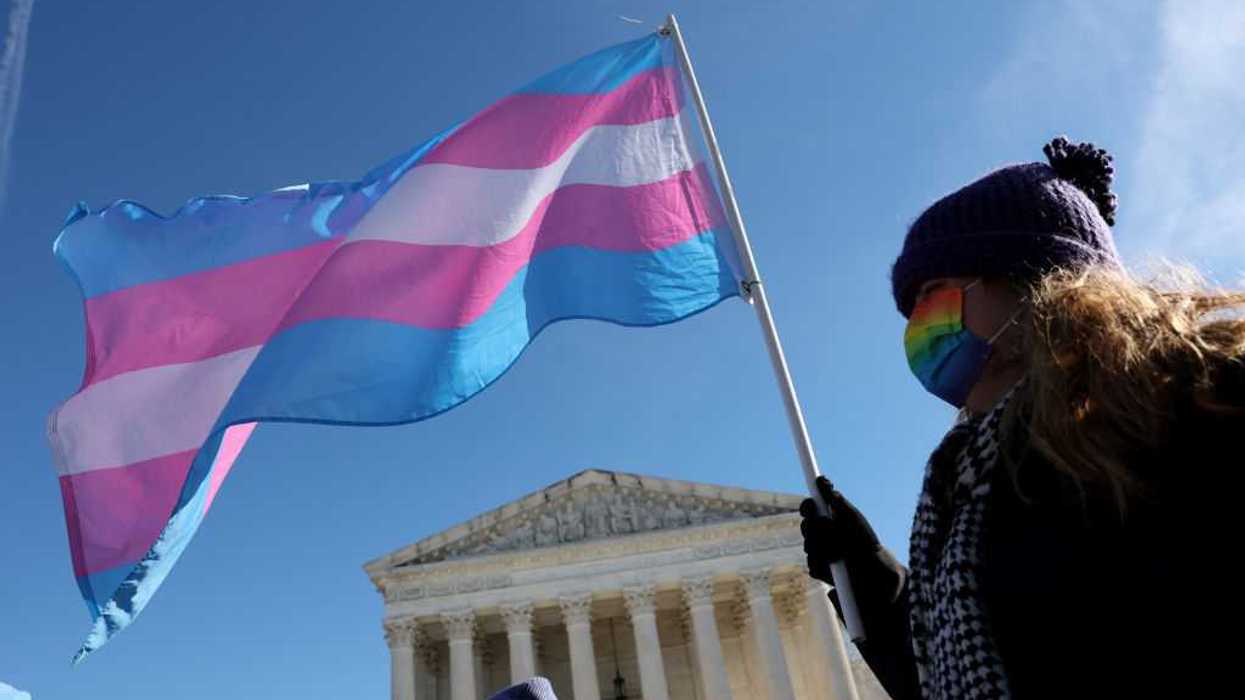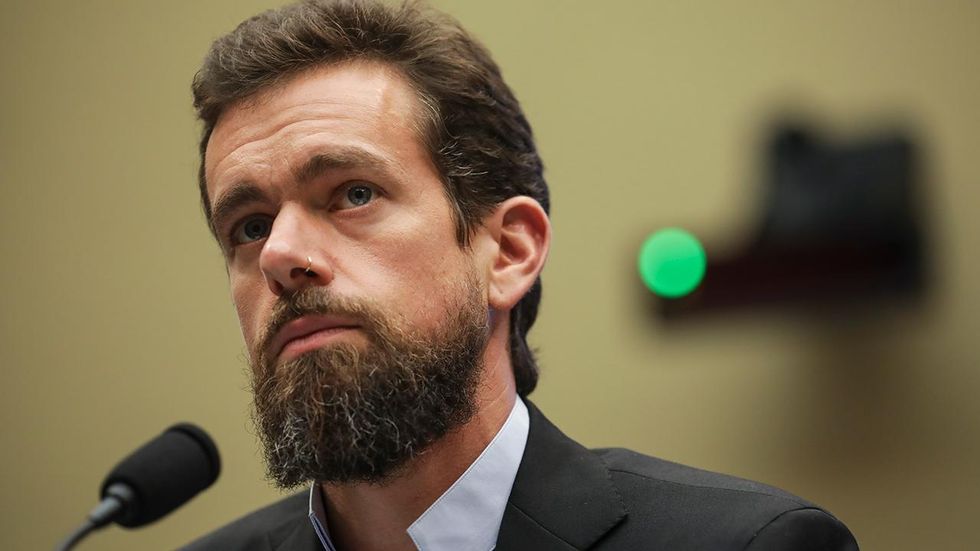
Twitter chief executive officer Jack Dorsey testifies during a House Committee on Energy and Commerce hearing about Twitter's transparency and accountability, on Capitol Hill, September 5, 2018 in Washington, DC. Earlier in the day, Dorsey faced questions from the Senate Intelligence Committee about how foreign operatives use their platforms in attempts to influence and manipulate public opinion. (Photo by Drew Angerer/Getty Images)

